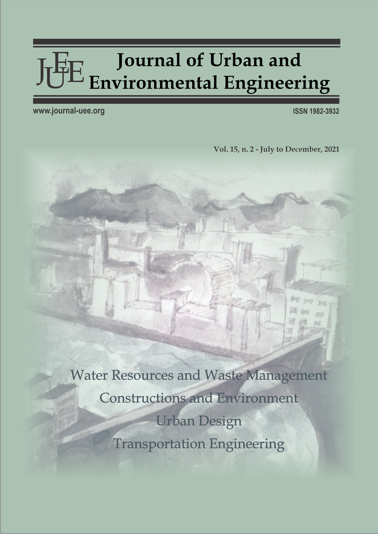URBAN SOLID WASTE TRANSPORTATION, COMPOSTING, RECYCLING, AND LANDFILL ISSUES IN SUBSAHARIAN AFRICA CITIES
Abstract
Developing countries struggle to manage their waste. These difficulties are linked to the lack of information on the quantitative and qualitative waste flows, the technical inadequacy of the organization of the collection, transport, recovery activities, and final disposal. This study aims to identify the factors limiting household solid waste management from collection to landfill and through the recovery stages in developing countries. The main activities included waste physical and chemical characterization. The study was conducted in Ouagadougou in Burkina Faso, Ségou, and Koulikoro in Mali and Kara in Togo. The characterization was based on the method called MODECOM (Method of household waste characterization, recommended by ADEME in France), followed by fines sampling of and their analysis in the laboratory. Analyses were carried out on crude fines and targeted chemical parameters such as hydrocarbons and heavy metals. Subsequently, leaching tests were carried out on the fines samples. The leachate analyzes included general parameters and heavy metal. Results show that the specific waste production is 0.75 kg/capita/day in Ouagadougou, 0.43 kg/capita/day in Koulikoro, and 0.39 kg/capita/day in Kara. The fines constitute more than 20% of the total waste. Leachate heavy metal contents respect French standards. These results show the harmlessness of household waste in these cities, without mixing with wastes from semi-industrial and industrial activities. Keywords: Solid Waste Management, Collection, Physical characteristic, Chemical characteristic, Optimization, Developing countries.Downloads
Download data is not yet available.
Downloads
Published
2021-06-15
Issue
Section
Articles




